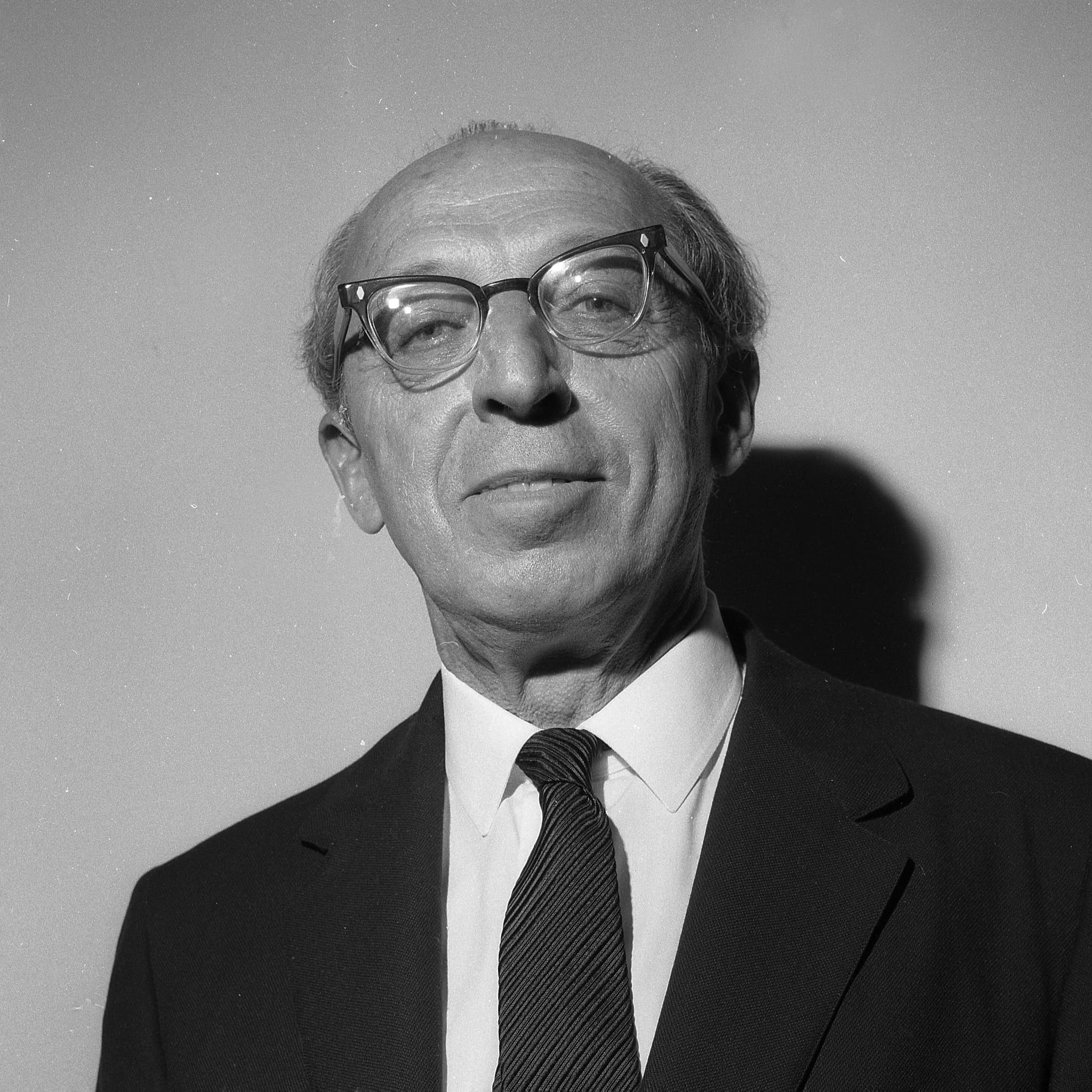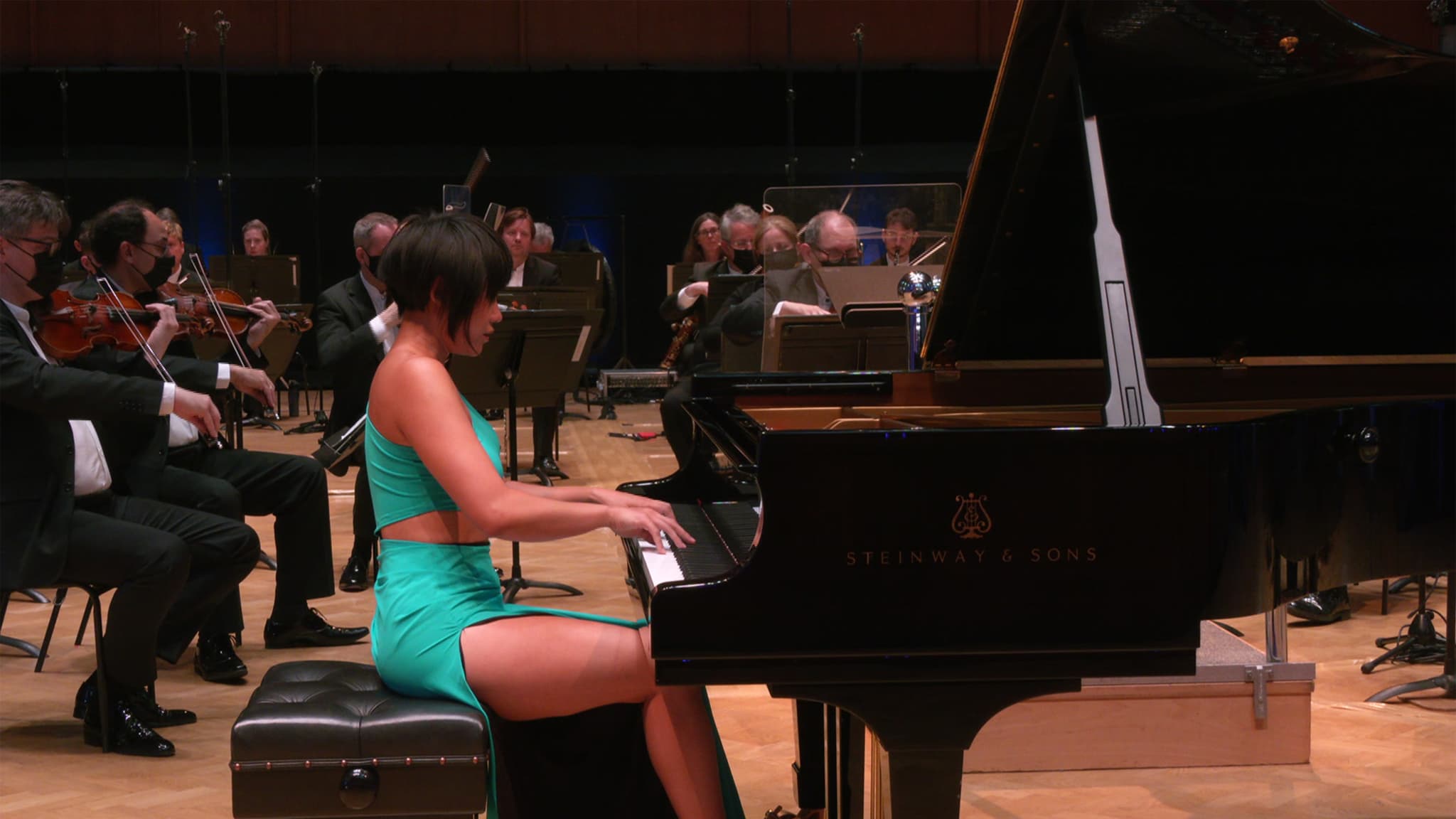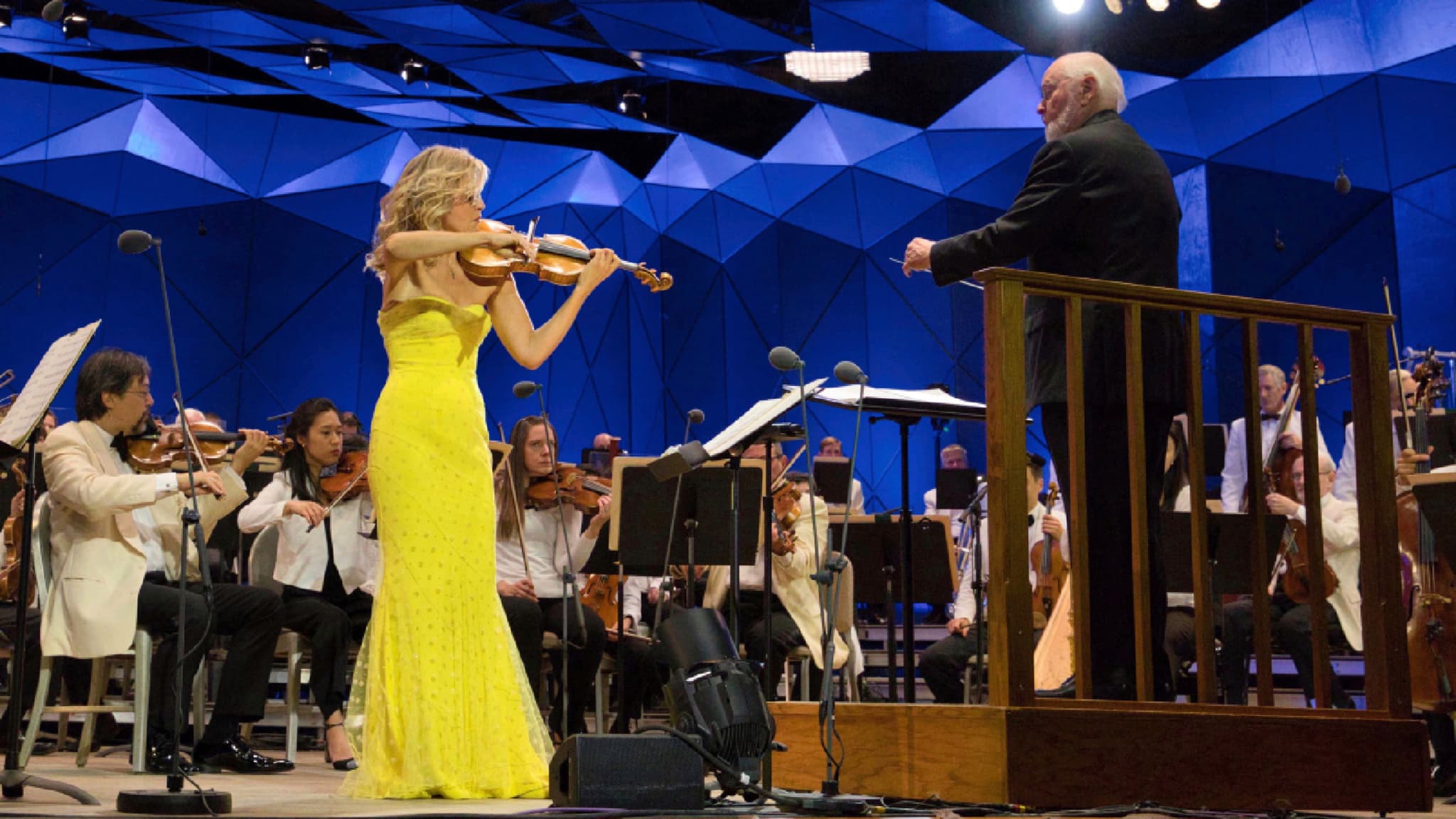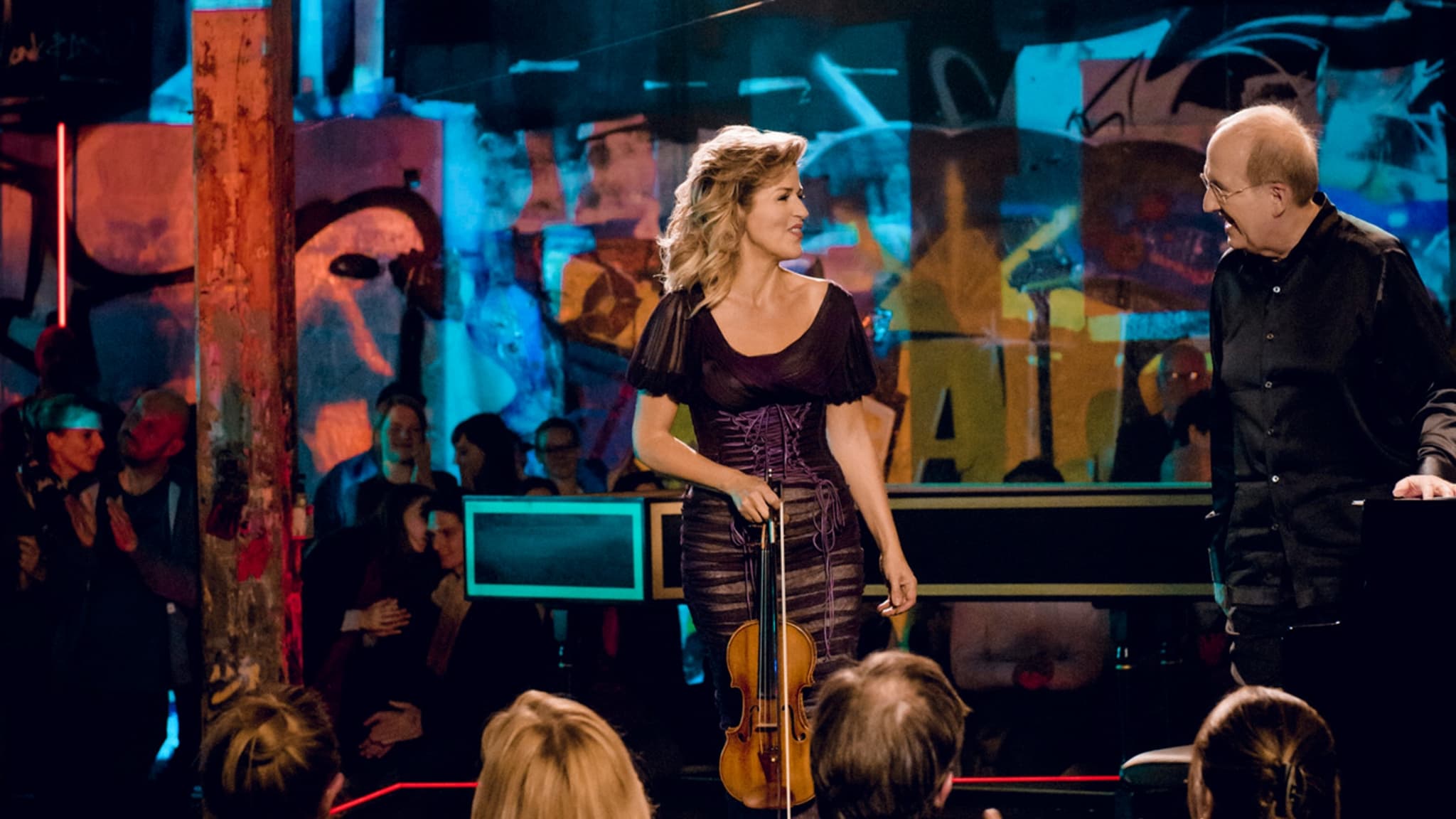New on STAGE+
Albums
About
Aaron Copland

Aaron Copland came from a modest background – his parents, like Gershwin's, were Russian immigrants. He was given a classical musical education, at which he chafed, and it was only after he had studied at the Fontainebleau School of Music and, later, with Nadia Boulanger, that he was confirmed in his choice of vocation and found his own voice as a composer.
While in France, he discovered the music of Stravinsky and heard the latest offerings of the Groupe des Six. On his return to the United States in 1924, he adopted a neoclassical style coloured by the elements of jazz, American folk music, and South American rhythms that were to find their way into the majority of ballets for which he was to become famous. Dance Symphony, El salón México, Billy the Kid, Rodeo and Appalachian Spring were all inspired by the American West and its pioneers and bear witness to a warm lyricism occasionally highlighted by hymns and popular songs.
From 1930 onwards, Copland abandoned jazz in favour of a more astringent Schoenbergian style. A proud champion of contemporary American music, he divided the whole of his career between teaching and composition, in which field he turned his hand with equal facility to symphonies, chamber works, concertos, and film music, including the soundtrack for Lewis Milestone's Of Mice and Men.













